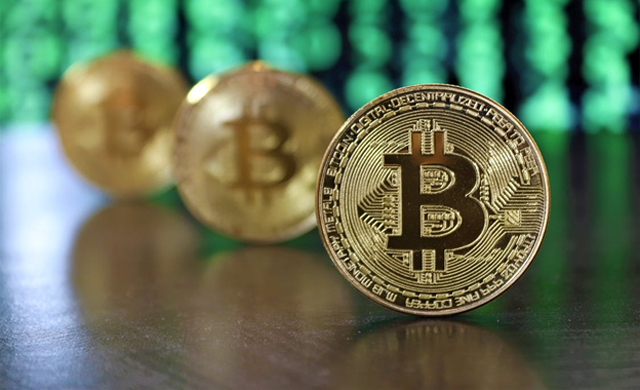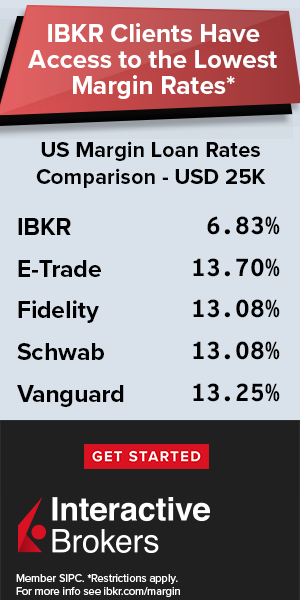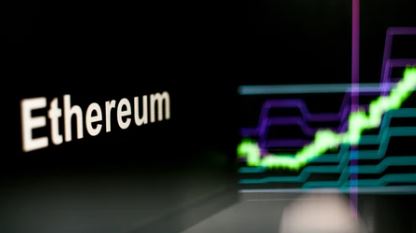Are you wondering whether you should HODL Bitcoin during a price drop? If yes, here’s why you shouldn’t sell your tokens when the price drops.

Earlier in May, China announced her planned cryptocurrencies crackdown. Consequently, Bitcoin holders experienced a wild ride in a single day as the price dropped sharply. This sharp fall in price elicited mixed reactions from Bitcoin believers on social media. Some thought that was the time to sell their Bitcoins, while some persuaded others to continue HODLing onto their tokens. For some people, this crisis presented the right time to purchase more Bitcoins.
Like in the past, when this virtual currency has gone through downturns, some traders attempted to anticipate regret or trigger regret aversion. To do this, they highlighted the pain Bitcoin owners might feel if they sell their tokens to stem losses and miss out on what some diehards considered an inevitable rebound about to happen.
And their worry had a reason because some people bought Bitcoin recently. Over the last few years, Bitcoin’s value rose from less than $10,000 to almost $65,000 in mid-April. People were trading sideways from $55,000 to $60,000 a few weeks before the cryptocurrency hit $30,000. Even for the people used to the volatility of this virtual currency, this drastic plunge was worrying. Unfortunately, the experience was entirely new for latecomers.
Consequently, they rushed to platforms like the yuan pay group to sell their tokens. Such systems allow people to sell their Bitcoins for cash or purchase this cryptocurrency using fiat money.
How Anticipated Regret Differs from FOMO
Anticipated regret and fear of missing out or FOMO are almost the same. However, these concepts have subtle differences. FOMO is an emotional reaction that a person can experience while reading about a promising Initial Public Offer. FOMO affects individuals that are yet to participate in an opportunity. Thus, a person that hasn’t invested in Bitcoin but anticipates that its price will eventually increase can succumb to FOMO.
On the other hand, individuals that already own Bitcoin grapple with the potential regret of selling their tokens at the wrong time. That’s because they didn’t have to do anything to appease their anticipated regrets, thereby failing to enjoy the rebound and since humans exhibit a bias towards the status quo. Essentially, anticipated regret may have played a role more than FOMO. In theory, Bitcoin holders opted for HODL than those without Bitcoin to purchase.
Keeping Emotional Manipulation in Check
Bitcoin owners may gain if other people pay attention to what they say on different forums. That’s because influencing others to believe in Bitcoin will increase the virtual currency’s popularity and acceptance. But, while Bitcoin believers may have faith in the future of this digital currency, the world doesn’t recognize it as a legit kind of money.
Although they may not intentionally attempt to manipulate the crypto market, they may cause the same effect anyway. People can describe the anticipated regret as a byproduct of personal responsibility. However, it may theoretically cause an aggregated impact if it prompts others to behave in the same way.
By engaging in these arguments, people can prove that purchasing this cryptocurrency is a relatively irrational move. Arguably, buying Bitcoin is like gambling. Some institutional investors have also joined this fray, but their involvement hasn’t lowered the Bitcoin market’s unpredictability or volatility. In short, Bitcoin owners should consider the influence of regret aversion on their decision when weighing their actions.
Also, Bitcoin owners should understand that if they sell their tokens and a rebound happens to be epic, they would experience remorse, though it might not be that painful. Essentially, people expect more regret than they eventually do en when close to winning.
What’s more, Bitcoin price has a predictable pattern, considering its previous trends. In most cases, an increased value follows a price drop. Thus, Bitcoin owners should HODL the cryptocurrency during a price drop because an increase in value will probably follow it.


 Hot Features
Hot Features













